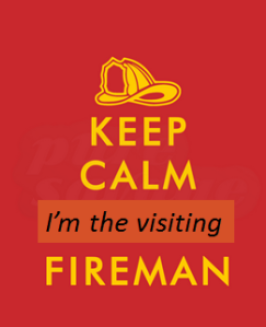I have been concerned for quiet some time about the ‘state’ of the consulting industry when it comes to innovation. There are simply far too many out there offering pieces of the innovation equation. If I was a client I’d be getting fairly hacked off- different people, different approaches, styles, methods of working and that nagging feeling it does not fit any bigger picture.
How do we resolve this?
Combining all these islands of knowledge into some form of combined force would be a healthy step but before we go there I was thinking about what does an innovation consultant contribute and where?
Here are my opening thoughts on this: Continue reading “Where consultants contribute to innovation”
Where consultants contribute to innovation
Consultants contribution to innovation activity.
 I recently wrote a post “
I recently wrote a post “

